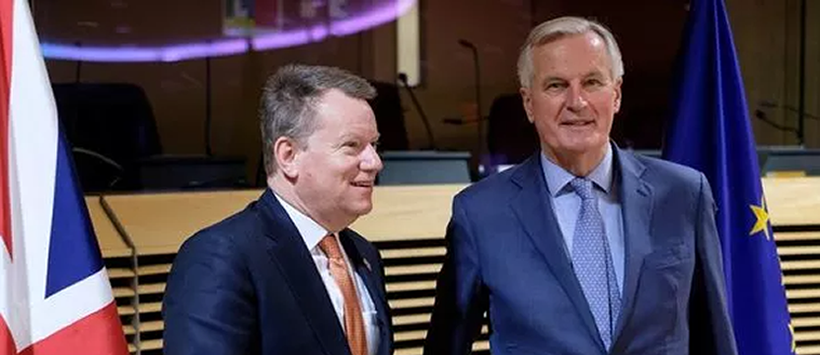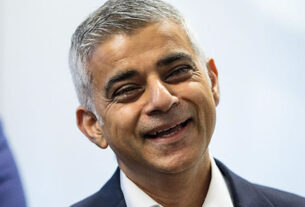Boris Johnson has threatened the European Union with a no-deal outcome to Brexit if it continues its demands for a “level playing field”.

The UK’s chief Brexit negotiator, David Frost, will recommend that Britain leaves the EU on WTO terms if Brussels continues to insist on a regulatory level playing field. He has signalled to his EU counterpart, Michel Barnier that, in order to achieve full sovereignty of UK laws, rules and regulations, that the UK will not accept the EU’s demand for Great Britain to align with EU state aid rules.
The European Union is demanding that the UK continue to follow the same state aid rules of the EU, which would prevent the UK government from subsidising British companies, thus potentially giving UK business’ competitive advantage over EU business’. To Brexit supporters however, this is one of the main reasons for leaving the EU, and allowing the EU to continue to have any control over UK laws and regulations, especially ones that could limit UK’s business’ competitive potential, is an unacceptable condition for a UK-EU trade deal.
Michel Barnier has demanded to see the blueprint for Britain’s post transition period domestic subsidy regime, however, this is not due to be published until the end of September at the earliest.
A senior Conservative source has said that the possibility of Britain softening its position on state aid has been discussed in meetings but that Prime Minister, Boris Johnson has refused to do so.
The source told the Times that, “Frost has made clear to Barnier that as things stand he would have to recommend to Boris that we go for no deal.
“There has been a discussion about whether or not to compromise on state aid, and Boris said no.”
Dominic Cumming, Boris Johnson’s top aid, thinks that one of the main benefits of Brexit could be freedom on state aid, particularly as the coronavirus pandemic could lead to the requirement of unprecedented levels of state aid intervention by the government, to support key businesses and industries.
The UK negotiating team is being urged by My Cummings to maintain their position with regards to state aid.
A number of other ministers, including Micheal Gove have raised the concern that the SNP’s aims of Scottish Independence would be encouraged by a no-deal scenario however, with a source telling the Times that, “Michael is the one preparing for no deal, and he’s the one most worried about it.
“He’s telling Boris that he shouldn’t do anything that undermines the Union.
“The argument is that if Brexit leads to the breakup of the UK, that would give Boris’s achievement in securing Brexit a bad name.”
Mr Barnier has argued that because of the UK’s proximity to the EU, it should not be allowed to create competitive advantages over key industries. While Brexit supporters have countered this with the argument that, as the UK is no longer part of the EU, the EU should have no say in British laws, rules or regulations, and that, none of the other countries who have trade deals with the EU has had to submit to any such demands.
Informal talks between the UK and the EU will resume next week before formal talks commence again the following week but, a no-deal scenario continues to look more likely with the more time that passes.
As the EU does not think that there will be agreement on the future relationship before the European Council meeting takes place on 15-16 October, the UK and EU are currently deciding if there should be a separate summit or “legal vehicle” that would extend negotiations beyond December 31st.
This is unlikely however as Prime Minister Boris Johnson has consistently refused to extend the Brexit transition period and would likely see this a failure to deliver on the election manifesto promises that the Conservatives ran on in the 2019 general election.
A spokesman for the UK Government stated on the matter of state aid subsidy: “After the transition period, the UK will have its own regime of subsidy control and will not be subject to the EU’s state aid regime.
“The government will set out further detail of our domestic regime in due course.”


